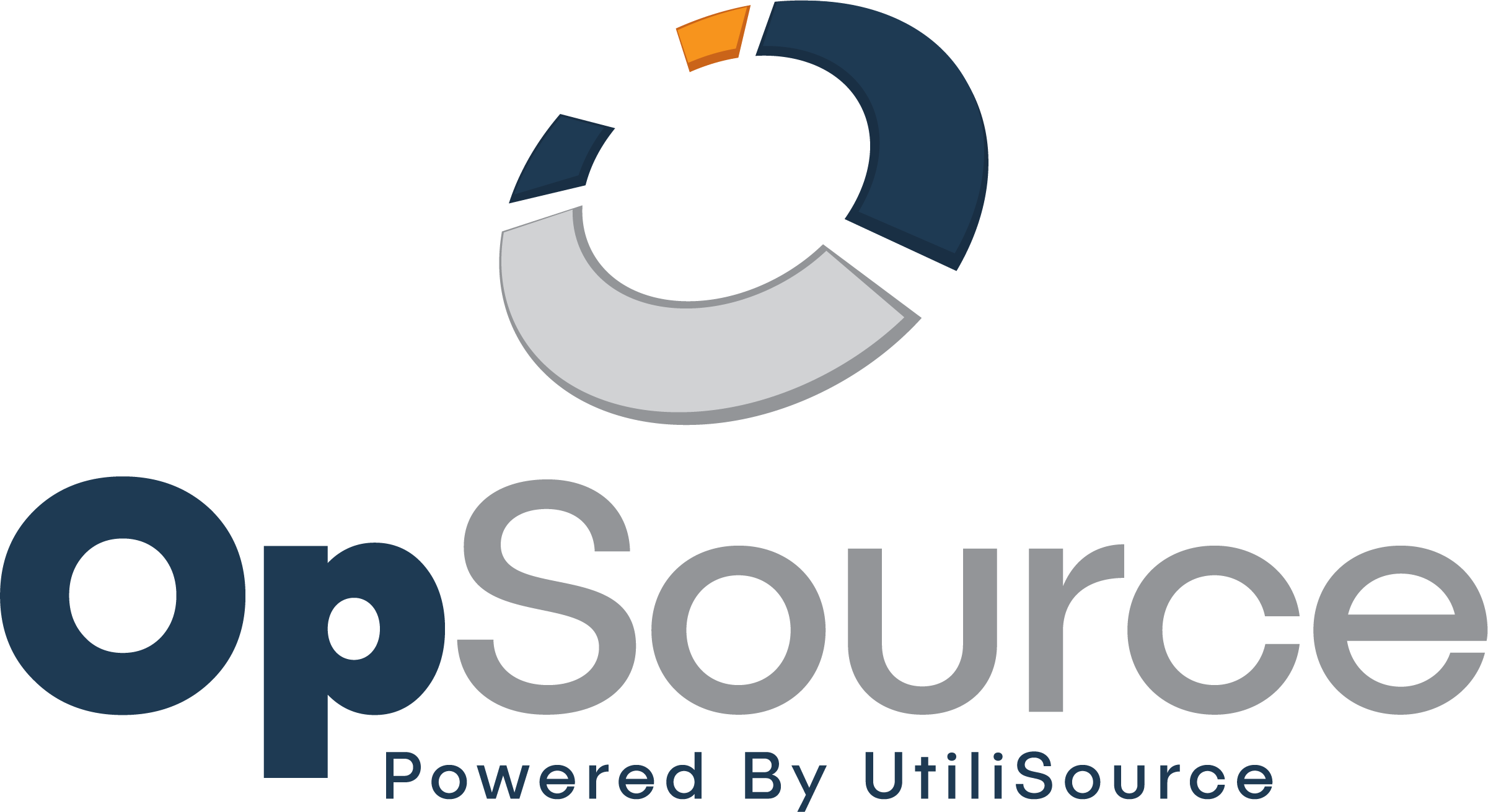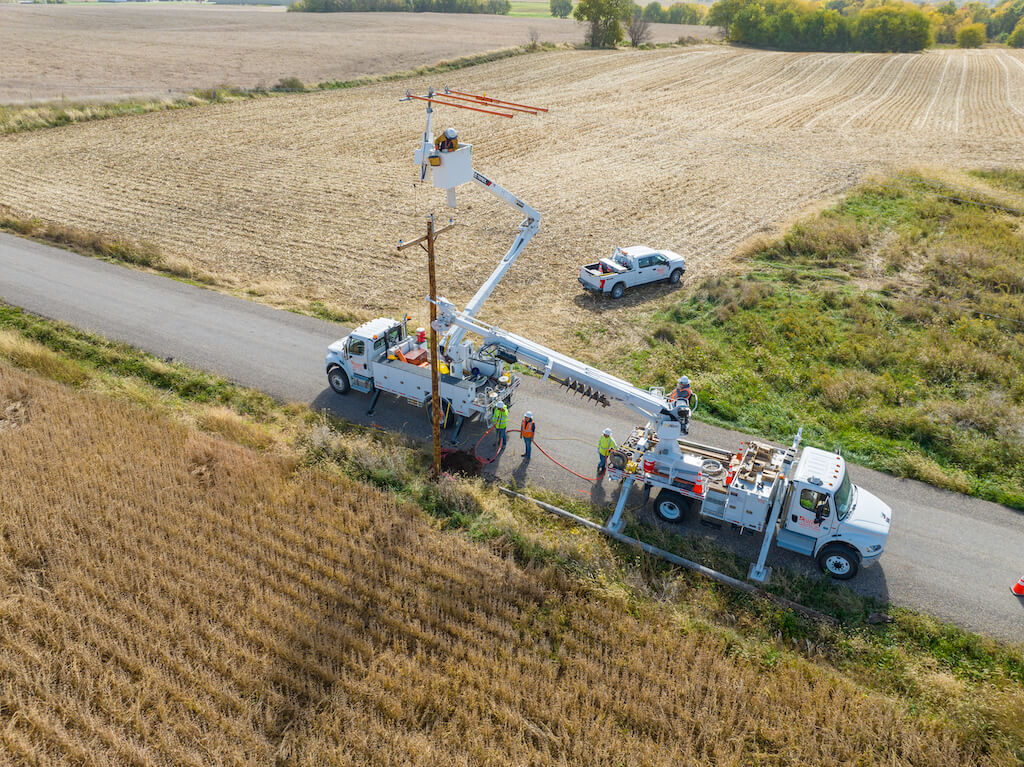Digitizing your data allows you to better organize, track, and manage your most valuable information. OpSource makes managing your field data faster and easier. Our data collection tools are built to make your life easier.
What is Data Collection?
Simply speaking, data collection is pretty much what it sounds like. It’s the process of collecting and analyzing data to gain valuable insights and usable information. Data sources can pretty much be from anything. Most commonly, you may think of feedback, online surveys, media monitoring, and more.
However, data collection can include other types of data as well. It may include map data, field data, GIS mapping data, material tracking, and more. For all types of businesses, gathering information is extremely important. Gathering data and interpreting it leads to more streamlined processes and better decision making.
There are a few types of data collection including:
- Primary Data
Primary data includes any data that is collected directly by the company or person looking for it. This type of information is firsthand information gained through direct contact with the respondent or object.
Common types of primary data collection include surveys, interviews, observations, focus groups, experiments, and questionnaires.
- Secondary Data
Collecting secondary data is the process of using existing data collected by a third party and repurposing it. In this type of data collection, researchers analyze and interpret data that is already out there.
Common sources of secondary data include databases, any publically available data, research studies, published sources, and government/institutional records.
Why is Data Collection Important
The importance of data collection goes beyond increasing the bottom line. The benefits of collecting data allows companies to save time, predict trends, gather valuable insights, and make better business decisions. Not only is collecting data important, but properly storing and managing your data is key to utilize it.
The Benefits of Digitizing Data Collection
- Save Time and Money
One of the biggest benefits of digitizing your data is that it saves time and money. Removing paper processes leads to significant savings in supplies. In addition, using digitized data collection processes saves money by streamlining workflows and providing more accurate data.
The time savings associated with digitized data comes from easier data processing. In fact, data collection software often automates this process. Using digitized data decreases errors as well, whether that be from illegible handwriting, missing information, or inaccurate data. Digitizing data collection makes filling out forms quicker and easier.
- More Insights
All of your data is available at your fingertips. Automate data processing to get more insights, faster. Make more informed decisions with digitized data.
- Secure Data
Digital data is also more secure than paper data. Control who has access to what. Paper is easily damaged or lost. Protect the integrity of your data with digital backups. Easily access your data anywhere.
Data Mapping: The Key to Data Management
After the data is collected, data mapping transforms the data down the data pipeline. This process is a crucial step before analysis. Data transformation is a critical step to integrate data into one format so it is usable and accurate.
This process, especially when working with complex data can be time consuming. Luckily data mapping software can automate some of these processes into your data warehouse.
Finding the Right Data Mapping Tool
Properly managing your data is key to any business, especially those working with large amounts of complex data. For utility companies and other industrial clients, utility data management is extremely important.
Key benefits of using a data mapping tool for industrial applications include:
- Reduces Costs
- Improves Decision Making
- Saves Time
- Automates Processes
- Easily Accessible Data
- Greater Visibility
Tips and Tricks for Effective Field Data Collection Management
Pulling your data together in a meaningful – and timely – way is extremely important. Software should integrate easily with your crews and work alongside them. Proper data collection and data management will give you better insights into what’s going on with your projects.
Data management tools replace the need for manual processes that lead to incomplete or inaccurate data. Digitizing your data automatically is one of the best ways to have more accurate, more reliable data.
Using digitized data streamlines paper processes, saving you time. Our software allows you to collect data on-site through forms and photos on a mobile phone or tablet. After a task is marked as complete, new tickets are automatically assigned. Digitizing your data collection methods keeps your crews moving on the job site.
Another advantage of digitized data is easy collaboration on-site. With data tracked in real time, everyone feels in the know. Automatic updates and reports go directly to cloud-based dashboards. Spot potential problems earlier and respond to them faster.
Collecting data on-site through applications also allows team members to better connect the data to its real world application. Make locating utilities even easier. Utility maps are updated in real time. In the event of a problem, digitized data means instant reporting and faster correction.
Using a digital tool for data management has two benefits: saving money and making life easier for your crews. This tool improves data collection in real-time.
OpSource Optimizes the Data Collection Process
The OpSource Suite is built to make managing your field data easier. Built out of our experience in the field, our software is made to make your life easier. Our software is easy to implement, scalable, and configurable to your needs.
Digitize your field data and manage your data with OpSource. Contact us for more information.



